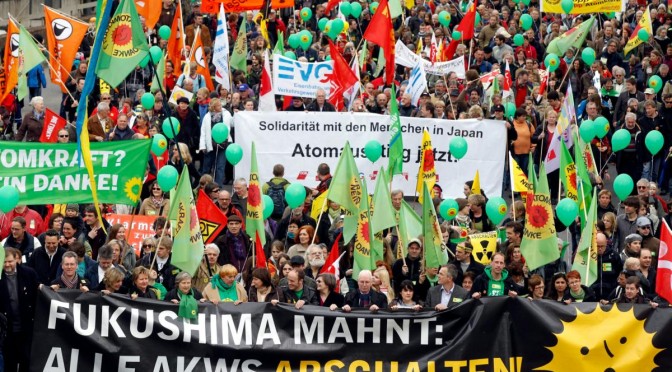The social bases of nuclear energy policies in Europe: Ideology, proximity, belief updating and attitudes to risk
Fabio Franchino, Università degli Studi di Milano
European Journal of Political Research, Volume 53, Issue 2, pages 213–233, May 2014
A summary of this article is available on the EUROPP blog of the London School of Economics and Political Science
This article analyses the social bases underpinning the widely different trajectories of nuclear energy policies across Western European countries. Employing a set of surveys carried out in the last thirty years, it examines the conditional effects of ideology and geographical proximity to a nuclear power plant on attitudes toward nuclear energy, as well as the long- and short-term dynamics of belief updating after the occurrence of major accidents. Results highlight how proximity can strengthen, weaken or have no effect on the ideological component of these attitudes. Moreover, the publics of most countries with experience in nuclear energy display the traits of Bayesian dynamics of belief updating, especially in the vicinity of a plant. The article also shows the fairly exceptional traits of French public opinion. In conclusion, the broad social constraints within which governments operate, across time and space, shed light on the different policy trajectories of European countries.
